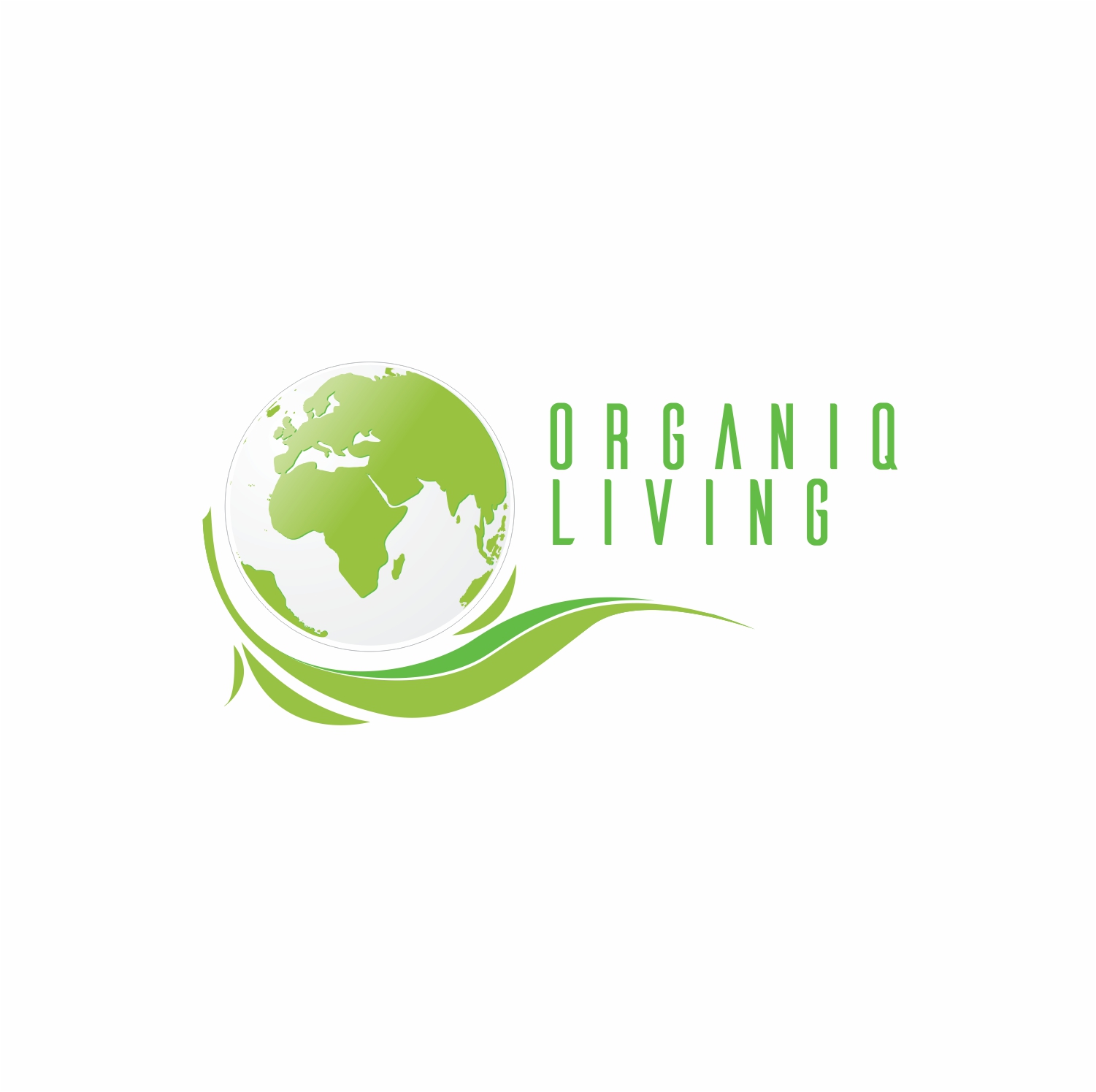What is Organic Cotton?
- Pooja

- Jul 23, 2020
- 3 min read
Understanding Cotton, Organic Cotton and their differences
What is cotton?
Before we start with Organic Cotton, lets have a quick recap on 'Cotton'. It indeed is one of the most iconic and loved fabric in the world. Cotton was first discovered in the Indus Valley current day India and Pakistan around 6000 B.C.
Cotton's easily adaptable nature soon made it one of the most popular and traveled plant. From India to South East, Middle East and then Africa. The popularity of Cotton was spreading like wildfire and by 1st Century AD Middle Eastern Traders introduced it to Italy and Spain.

Cotton fibre can be made into wide variety of fabrics; from soft voile to thick and strong sailing covers, from delicate lace to strong velveteen. Cotton fabrics can be extremely durable and resistant to abrasion. Cotton accepts many dyes, is easily washable, and can be ironed at relatively high temperatures. It is comfortable to wear because it absorbs and releases moisture quickly.
Our everyday life is quite dependable on this fabric. While the woven cotton takes care of our clothes and bed-covers; the non-woven cotton, made by fusing or bonding the fibres together, is useful for making disposable products to be used as towels, polishing cloths, tea bags, tablecloths, bandages, and disposable uniforms and sheets for hospital and other medical uses.
Awareness
Before the cotton is turned into a wearable or usable piece it goes through a few steps which are crucial for our knowledge.
Farming
Regular Cotton farming starts with GMO (genetically modified seeds). They are modified to build resistance to bugs, but when the bugs become stronger, more pesticides are required.
Organic Cotton is made from natural seeds, and there is no use of pesticides or other harmful chemicals. Bugs are controlled with insects that kill the pests. As a result, organic cotton products are safer for the skin.
Regular Cotton is grown on the same soil over and over again, degrading the soil quality, removing nutrients, and leading to unhealthy crops. Since these crops require more water, they are irrigated heavily, resulting in water wastage.
Organic Cotton is rotated from one soil to another, and the nutrients retain water for long, requiring less irrigation. This leads to healthier crops.
Weeding
Regular Cotton farming uses chemicals in the form of herbicides that kill weeds. The use of such harmful chemicals affects the quality of crops, suck out moisture and nutrients from the soil, and also harm the farmers. Constant use of such chemicals can lead to serious diseases in farmers, and also affect the neighboring environment.
Organic Cotton weeding is done by hand, hoeing, organic herbicides and other cultivation processes. It certainly is a very time consuming process and thus it justifies the price gap between regular cotton and organic cotton. Hand weeding allows the crop to grow without any chemical presence. It makes the Organic Cotton pure.
Picking and Purity of Cotton
The purity of cotton fibers is judged from the way the cotton is picked. Cotton is either handpicked or machine picked.

Regular Cotton is machine-picked which damages the cotton fibres in the picking process. The long fibres are often broken resulting in a less softer fabric. This also leads to loss and wastage of crop. The usage of machinery to pick cotton leads to more pollution in the farming industry.

Organic Cotton is completely handpicked, preserving the purity of every fibre and ensuring that no fiber is damaged in the process. Organic cotton products are softer than regular cotton because of the longer fibers. Being handpicked ensures these fibers don’t get weakened or broken, resulting in softer and more durable products.
Manufacturing
Regular Cotton processing uses a large amount of chemicals. The use of heavy metals, chlorine, and chemicals dyes are not unheard of in the manufacturing of regular cotton. Even after washing the finished products, the residue of these chemicals remains and can cause serious skin allergies. Several people suffer from skin problems like eczema because of regular cotton products.
Organic Cotton processing methods are safer alternatives to chemical dyes and whiteners. It requires natural (plants/ fruits/ vegetables) or water-based dyes and peroxide for whitening. As Organic Cotton uses safer products for the manufacturing of its finished goods, it is hypoallergenic, softer and lasts longer than regular cotton.
Organic cotton is softer, hypoallergenic, and last for a long time. It is one of the softest fabric you can use on a new born baby. Organic is pure and comes with many health benefits; the most important benefit is protecting the ecosystem, reducing wastage of water, and ensuring a safer working environment for the farmers and manufacturers.
Organic cotton is a Sustainable and Eco-friendly choice you can make over the regular cotton. Let's shop wise and bring a positive change in our lifestyle!
Follow us and subscribe for Newsletter
Learn more about Organic and Healthy Lifestyle with us. Follow and subscribe.
Next Topic - Organic Cotton Certification.
Coming Soon !
















Comments